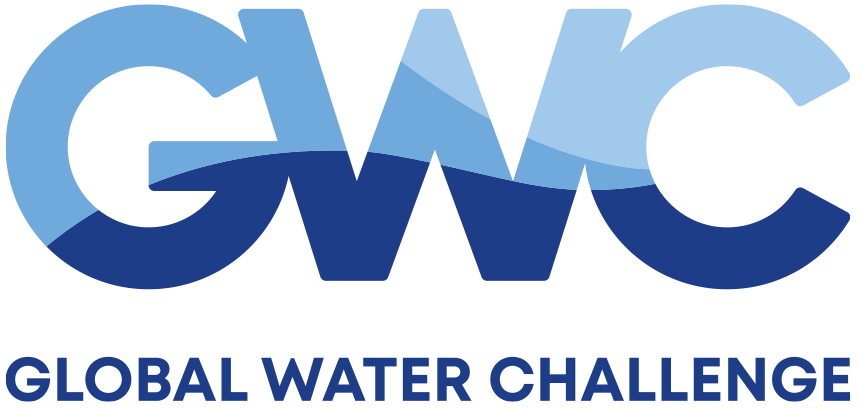International Women’s Day: Delivering Hope and Promoting Empowerment Through Skills Development Training for Women in East Africa
Tumaini, Witnesy and Happy from The Amani Women’s Entrepreneurship Group tending to their potato plot using skills acquired through training from
The Starbucks Foundation and Global Water Challenge project in Njombe, Tanzania
Tumaini, Witnesy and Happy are good friends who work hard to support their families and children. The women live in a village in Njombe region situated in Tanzania’s Southern Highlands, a beautiful area of East Africa located on the southern plateau, which rises from 600 to 3,000 meters above sea level.
Like many women around the world, the beauty of their surroundings often belies the reality of the challenging circumstances encountered in their daily living. In the high altitude region of Njombe, economic opportunities for women are limited, with farming as a primary source of income. According to UN Women, approximately 80 percent of women in Tanzania rely on subsistence farming to sustain their livelihoods. In Njombe, challenging environmental factors, such as poor access to safe drinking water and adequate sanitation facilities, also significantly impede the well-being and quality of life for the women and their fellow community members. This is a poignant reminder of how much more women are impacted by global pressures and inequality as we commemorate International Women’s Day.
Tumaini, Witnesy and Happy are among other Njombe community members engaging in subsistence farming, primarily growing coffee, tea, beans, maize, groundnuts and potatoes. However, the long tentacles of the global cost of living crisis, further compounded by the impacts of climate change, crept into the lives of the Njombe women, bringing economic uncertainty and concerns for their future. With scant opportunities and limited access to financial services, the lives of the women had become increasingly difficult. These circumstances reflect the experiences of rural Tanzanian women where they are often less likely to have access to financial credit, loans, insurance on crops, livestock, and other productive resources, making it difficult for them to engage in economic opportunities such as entrepreneurship (source: UN Women).
In response to these economic challenges, the friends, along with other women from their community, established the Amani Women’s Group, an entrepreneurship collective of over forty women designed to pool their resources and provide support for income-generating opportunities. Although rural women from communities like Tumaini, Witnesy and Happy’s frequently depend on farm labor, their work is often undervalued and with the prevailing social norms, as women they receive inadequate support to advance economically. Although Tumaini, Witnesy, Happy and other women from their community were keen to improve their circumstances and were tenacious in their efforts to economically empower themselves, their plans were often thwarted by lack of financial literacy and business management skills.
With an understanding of the challenges in communities such as Njombe, and the prohibitive socio economic and environmental barriers to female advancement and progress, Global Water Challenge (GWC) partnered with The Starbucks Foundation and developed projects in Tanzania, forming part of the broader program aimed at building community resilience and improving the health and economic status of women smallholder farmers and their families. The initiative contributes to The Starbucks Foundation’s commitment to positively impact 1 million women and girls in coffee-, tea- and cocoa-growing communities by 2030.
GWC, with the support of local implementing partners in Tanzania, Amref Africa and Tanzania Association of Environmental Engineers (TAEEs), established relationships with local government authorities and community networks to initiate entrepreneurship and financial literacy training in high need areas. The continuous engagement with local government and community representatives has garnered support for the projects and created an enabling environment for the long-term sustainability and success of the initiative.
The project’s multi-layered approach addresses critical needs such as improved access to water, sanitation and hygiene (WASH), while simultaneously promoting gender equity through a targeted focus on women’s empowerment and skills training to support income-generating activities. For the women in the Njombe community, the project interventions include the construction of accessible clean water distribution points and WASH education, significantly improving community health, as well as time savings from water collection chores for the women, allowing them to rededicate their time to increasing their income.
Through GWC and The Starbucks Foundation’s partnership, the Amani Women’s Group received financial management skills training and guidance on income-generating economic activities. This also included facilitation for the women’s group to access support from financial institutions.
The knowledge and skills acquired from the project’s training empowered Tumaini, Witnesy and Happy to develop a potato production business plan and establish a small-scale potato production business in their village. The women are more optimistic about navigating their future, knowing that they now have the skills to support their families and earn a stable income.
Tumaina says, “The training we received renewed our hope in the future and opened up opportunities that we did not have before. After the harvest period of our potatoes, we are going to use the skills we learned, and we are planning to buy a plot of land so we can expand our farming business”.
